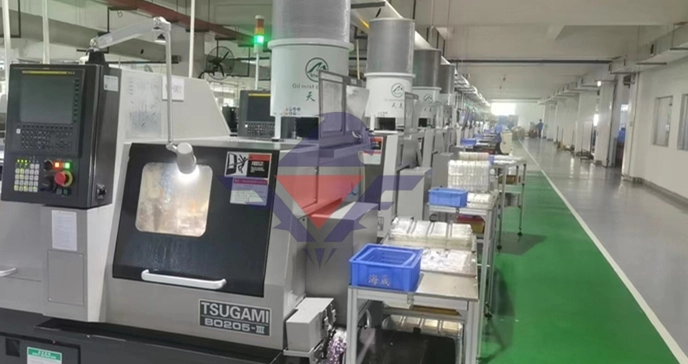
# Swiss Machine Shop: Precision Engineering for Complex Components
Swiss Machine Shop: Precision Engineering for Complex Components
In the world of precision manufacturing, Swiss machine shops stand out as specialists in creating highly accurate and complex components. These facilities utilize advanced Swiss-type lathes and cutting-edge technology to produce parts with tolerances that would be impossible to achieve with conventional machining methods.
The Swiss Machining Advantage
Swiss machining, also known as Swiss screw machining, originated in Switzerland’s watchmaking industry and has evolved into a critical manufacturing process for various industries. The key advantages of Swiss machining include:
- Exceptional precision with tolerances as tight as ±0.0001 inches
- Ability to machine small, complex parts in a single operation
- Superior surface finishes without secondary operations
- Reduced material waste compared to conventional machining
- High-volume production capabilities with consistent quality
Industries Served by Swiss Machine Shops
Modern Swiss machine shops serve a diverse range of industries that demand precision components:
- Medical: Surgical instruments, implants, and diagnostic equipment
- Aerospace: Aircraft components, fasteners, and hydraulic parts
- Automotive: Fuel injection systems, transmission components
- Electronics: Connectors, sensors, and micro-components
- Defense: Firearm components and guidance system parts
Materials Processed in Swiss Machining
Swiss machine shops work with a wide variety of materials to meet specific application requirements:
- Stainless steels (303, 304, 316, 17-4PH)
- Titanium alloys (Grade 2, Grade 5)
- Aluminum (6061, 7075)
- Brass and copper alloys
- Plastics (PEEK, Delrin, Ultem)
- Exotic alloys (Inconel, Hastelloy, Monel)
Keyword: Swiss Machine Shop
Choosing the Right Swiss Machine Shop
When selecting a Swiss machine shop for your precision components, consider these factors:
- Experience with your specific industry requirements
- Quality certifications (ISO 9001, AS9100, ISO 13485)
- Range of secondary services (heat treating, plating, assembly)
- Prototyping capabilities
- Production capacity and lead times
- Commitment to continuous improvement
The right Swiss machine shop becomes a true partner in your manufacturing process, capable of delivering complex components with the precision and consistency required for today’s demanding applications.
